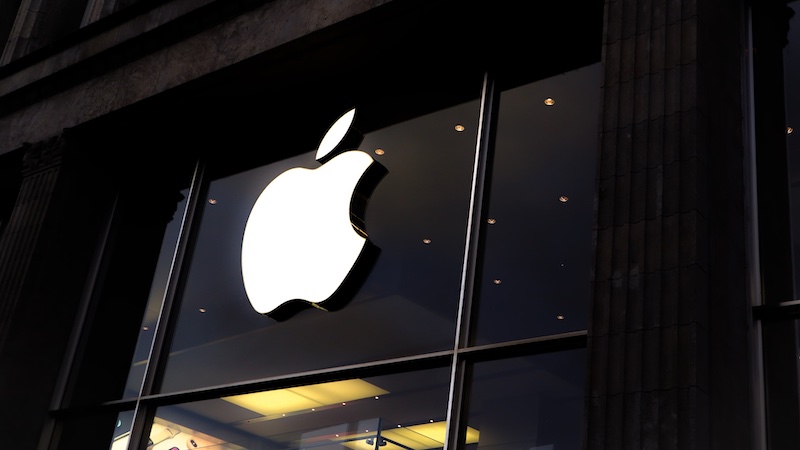
Apple has to pay 13 billion euros in back taxes in the EU. The European Court of Justice has now finally decided this. We’ll explain to you what’s behind the decision.
The legal dispute between Apple and the EU Commission has been going on for several years. The focus is on tax breaks that Apple was once granted by Ireland.
However, the EU Commission viewed this as distorting competition. As early as 2016, Apple was asked to pay 13 billion euros in taxes plus interest.
Eight years later, the final one follows Decision by the European Court of Justice (ECJ). Apple therefore actually has to pay the requested amount.
Why does Apple have to pay back taxes to the EU?
The long-standing dispute between Apple and the EU Commission has now finally been resolved by the decision of the European Court of Justice. But how did this even come about?
In 2016, the European Commission ruled that Ireland had granted tax breaks to some of the US group’s companies between 1991 and 2014. The EU Commission viewed this as illegal state aid that was not compatible with the internal market.
It concerns the two companies Apple Sales International (ASI) and Apple Operations Europe (AOE). Although these two companies are companies under Irish law, they were not resident in Ireland for tax purposes.
Apple defended itself against back taxes
However, the issuance of the tax rulings “approved the methods used by ASI and AOE to determine the taxable profit in Ireland from the business activities of their respective Irish branches,” the ECJ said.
However, Apple did not want to accept the back tax payment and was even able to prevail before the EU court in 2020. Ireland as well as ASI and AOE had filed lawsuits.
The additional demand was then declared null and void. The court reasoned that the Commission had not been able to sufficiently demonstrate that Apple’s companies had been given a selective advantage. The EU Commission then turned to the ECJ, which has now overturned this ruling.
How hard does the verdict hit the iPhone company?
The European Court of Justice’s ruling is of course a defeat for Apple. However, the economic impact on the company is likely to be limited.
Apple has already parked the money in an escrow account since the first allegations were made in 2016. It is already taken into account in the group’s balance sheet and does not have any further negative impact on the current business figures.
Also interesting:
- Study: Germany is lagging behind when it comes to future technologies – that’s why
- Railway mobile network: What is GSM-R?
- After takeover: This is how high the loss of Twitter investors is
- Charging stations for electric cars stimulate the economy – and increase retail sales
The article ECJ ruling: Why does Apple have to pay back taxes to the EU? by Maria Gramsch first appeared on BASIC thinking. Follow us too Facebook, Twitter and Instagram.
As a Tech Industry expert, I believe that the European Court of Justice ruling that Apple must pay back taxes to the EU is a significant development in the ongoing debate over multinational corporations and their tax practices. The ruling is based on the contention that Apple received illegal state aid from Ireland by way of a favorable tax arrangement, which allowed the company to pay significantly lower taxes than other businesses operating in the EU.
This ruling is important because it sends a strong message to other tech companies and multinational corporations that they cannot exploit loopholes in the tax system to avoid paying their fair share. It also underscores the need for greater transparency and accountability in international tax practices.
While Apple has argued that it followed all relevant laws and regulations, the ECJ ruling affirms that the company received preferential treatment that was not available to other businesses. As a result, Apple will have to pay back taxes to the EU, which could amount to billions of dollars.
Overall, this ruling highlights the complexities and challenges of regulating the tax practices of multinational corporations in an increasingly globalized economy. It serves as a reminder that companies must adhere to ethical and legal standards when it comes to paying taxes, and that governments have a responsibility to ensure that all businesses operate on a level playing field.
Credits